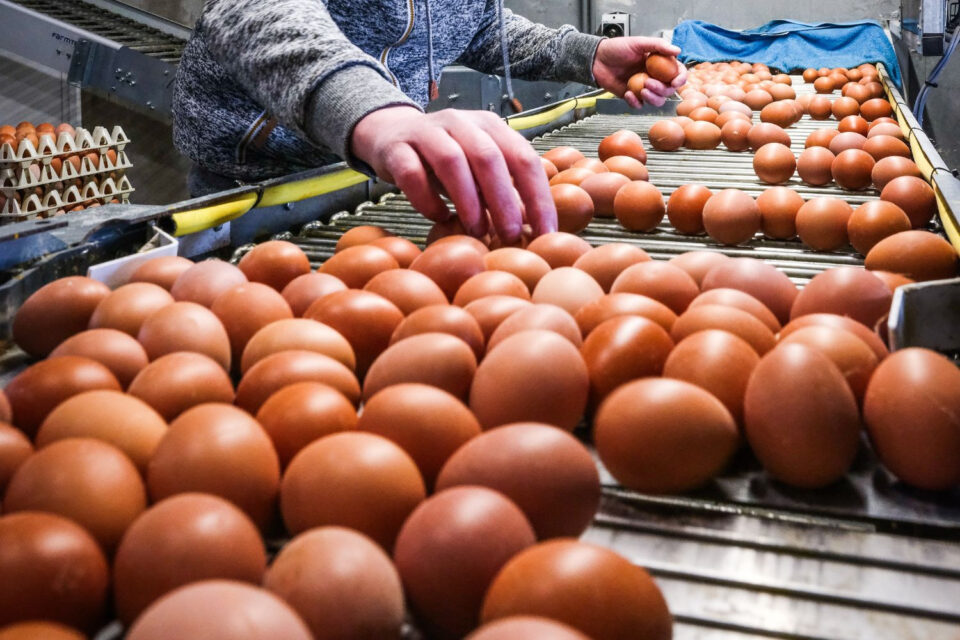The global egg industry is entering a transformative era. By 2035, egg demand is projected to rise by 22%, with 90% of this growth expected in emerging regions such as Asia, Africa, and Latin America. This expansion presents enormous opportunities for producers and investors, but it also introduces new challenges that will shape the sector for years to come.
Unlike in past decades, growth is no longer tied only to population increases. Instead, it is being driven by rising incomes, rapid urbanization, and evolving consumer preferences. As markets mature, demand is shifting from basic eggs toward value-added products, including liquid and powdered egg products, cage-free and organic offerings, and functional eggs with health-enhancing properties. This evolution is reshaping global supply chains, distribution models, and investment priorities.
Digitalization, sustainability, and animal welfare are fast becoming the cornerstones of competitiveness. Online food platforms and social media are influencing consumer choices, pushing producers to rethink branding, marketing, and product development strategies. Meanwhile, geopolitical tensions and supply chain disruptions have increased the focus on food and resource security, encouraging greater localization of egg production in many regions.
For investors, the implications are clear. The industry will require high levels of capital investment in greenfield projects, consolidation efforts, cage-free transitions, vertical integration, and modernization across the value chain. Technologies such as artificial intelligence, robotics, and smart farming systems are set to play a critical role in boosting efficiency, strengthening biosecurity, and improving environmental performance.
Looking ahead, the egg industry of 2035 will be far more diverse, tech-driven, and consumer-focused than it is today. Those producers and investors who embrace innovation and adapt to new expectations around sustainability, welfare, and quality will be best positioned to thrive in this rapidly evolving market.



